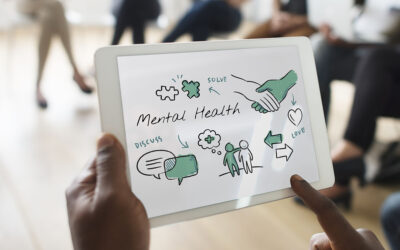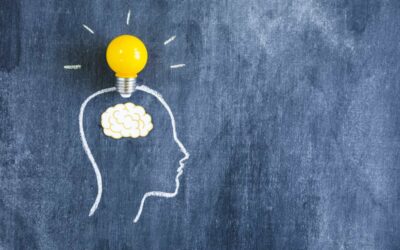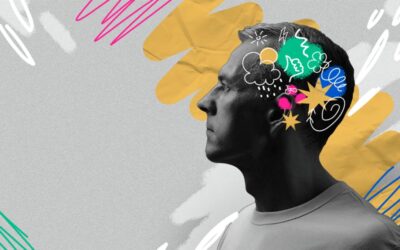All you need to know about Cognitive Behavioral Therapy
Cognitive Behavioral Therapy (CBT) is based on the cognitive model of mental illness, initially developed by Beck (1964). According to the cognitive model people’s emotions are influenced more by the perception of the event rather than the event itself, this perception also dictates how people behave.
Understanding Rational Emotive Behavior Therapy (REBT)
Rational Emotive Behavior Therapy (REBT) is a form of cognitive-behavioral therapy (CBT) developed by psychologist Albert Ellis in the 1950s.
Celebrate our Seniors
The average age of a human being is 72 years. With advanced healthcare and development, senior citizens are living fitter and longer lives.
State of Mental Health in India
The concept of mental health is still pretty new in India, there are multiple social and educational factors making it the talk of the town.
Knowing more about Specific Learning Disabilities
One must also not simply label the child if one just thinks that symptoms are similar.
A series of tests like Audiometric test, Vision test, Psychological assessment, Occupational therapy and Psycho educational assessment are required to ascertain specific learning disabilities.
Causes of Specific Learning Disability
The exact cause of a learning disability is not known. But it is not possible to speak of any single factor or group of factors.
Understanding Learning Difficulties in Students
Is your child struggling at school? Does he or she fear reading out loud, recite a poem, writing a paper, or attempting a math problem? Does he / she frequently want to take breaks while studying?
Mental Health Awareness
Did you know how important movement is? In today’s world, most of us are living a sedentary lifestyle. With movement comes better sleep, our immunity is boosted, heart function improves, it builds our confidence and most of all our mental health is regulated.
Coping with Change: The Psychology of Adaptability
Change is an inevitable part of life, and our ability to cope with it can significantly impact our well-being. The field of psychology has delved into understanding the intricacies of adaptability, shedding light on the ways individuals navigate transitions.
Laughing Matters: The Role of Humor in Mental Health
In pursuing mental well-being, we often turn to various therapeutic methods, counseling sessions, and mindfulness practices. While these are undoubtedly crucial, there’s one often underestimated tool that can significantly contribute to our mental health – humor.
Mental Health and Creativity: Unconventional Outlets for Expression
In the realm of mental health, creativity serves as a powerful means of expression and coping. Beyond traditional outlets, individuals have discovered unconventional avenues to channel their emotions and enhance their well-being.
Design Approaches and the Use of Hostile Design
Certain types of design can have a profoundly adverse impact on our overall well-being. There are some kinds of design that can be particularly detrimental to our well-being.
The Influence of Color on Mood: A Dive into Chromotherapy
Color psychology, also known as chromotherapy, explores the impact of colors on human emotions and behaviors. Research suggests that different colors can evoke distinct emotional responses.
Intersectionality and mental health
Intersectionality is a framework that recognizes the interconnected nature of social categorizations such as race, gender, class, and other identities.
The Interplay Between Technology and Mental Health: Navigating the Pros and Cons
In an era dominated by technological advancements, the impact of technology on various aspects of our lives cannot be overstated.
Support Systems: Nurturing Mental Health Through Friends, Family, and Communities
In the intricate web of mental health, support systems play a pivotal role in fostering resilience and well-being.
Positive psychology versus Toxic positivity
due to the pervasive influence of social media, positive psychology is often misrepresented as toxic positivity
Embracing Positivity: A Journey into Positive Psychology Practices
Positive Psychology is a branch of psychology that focuses on enhancing well-being and promoting the positive aspects of human experience.
Unlocking Serenity: The Therapeutic Power of Creative Outlets for Stress Relief
Engaging in activities like art, writing, or music has proven to be a powerful antidote to stress, offering a sanctuary where individuals can unwind and rejuvenate.
Versatile Exercise Approaches and Their Varied Mental Health Benefits
In the realm of mental health, the adage “move your body, elevate your mind” holds across a spectrum of exercises. Different types of physical activity offer distinct advantages, contributing to improved mood, reduced stress, and enhanced cognitive function.




















